Brave, courageous, tenacious, and unyielding, Winnie Foster was a force to be reckoned with.
ST. PETERSBURG — In the early hours of Jan. 19, Winifred S. Foster transitioned to her heavenly home. She was 95 years old.
Brave, courageous, tenacious, and unyielding, Winnie Foster was a force to be reckoned with. Turning white privilege on its ear, she felt it was her duty to fight racism, sexism, and classism. She used her life to make a difference.
Born on July 14, 1927, in Danville, Ind., to Albert and Eva Hampton Stanley, Mrs. Foster came of age in the middle of World War II. Her zeal to serve the community was shaped as a little girl growing up in a Quaker family environment in Pennsylvania.
For her last two years of high school, she attended Olney Friends School, a Quaker boarding school in Barnesville, Ohio. Quakers, of course, are categorically anti-war. She had classmates jailed for refusing to obey the draft. Some signed on as conscientious objectors, and others were able to sign up to fight fires out West.
Civil rights leader and LGBTQ+ equality pioneer Bayard Rustin visited her school, and she got to meet him. Rustin, who became an advisor to Martin Luther King, Jr., inspired her.
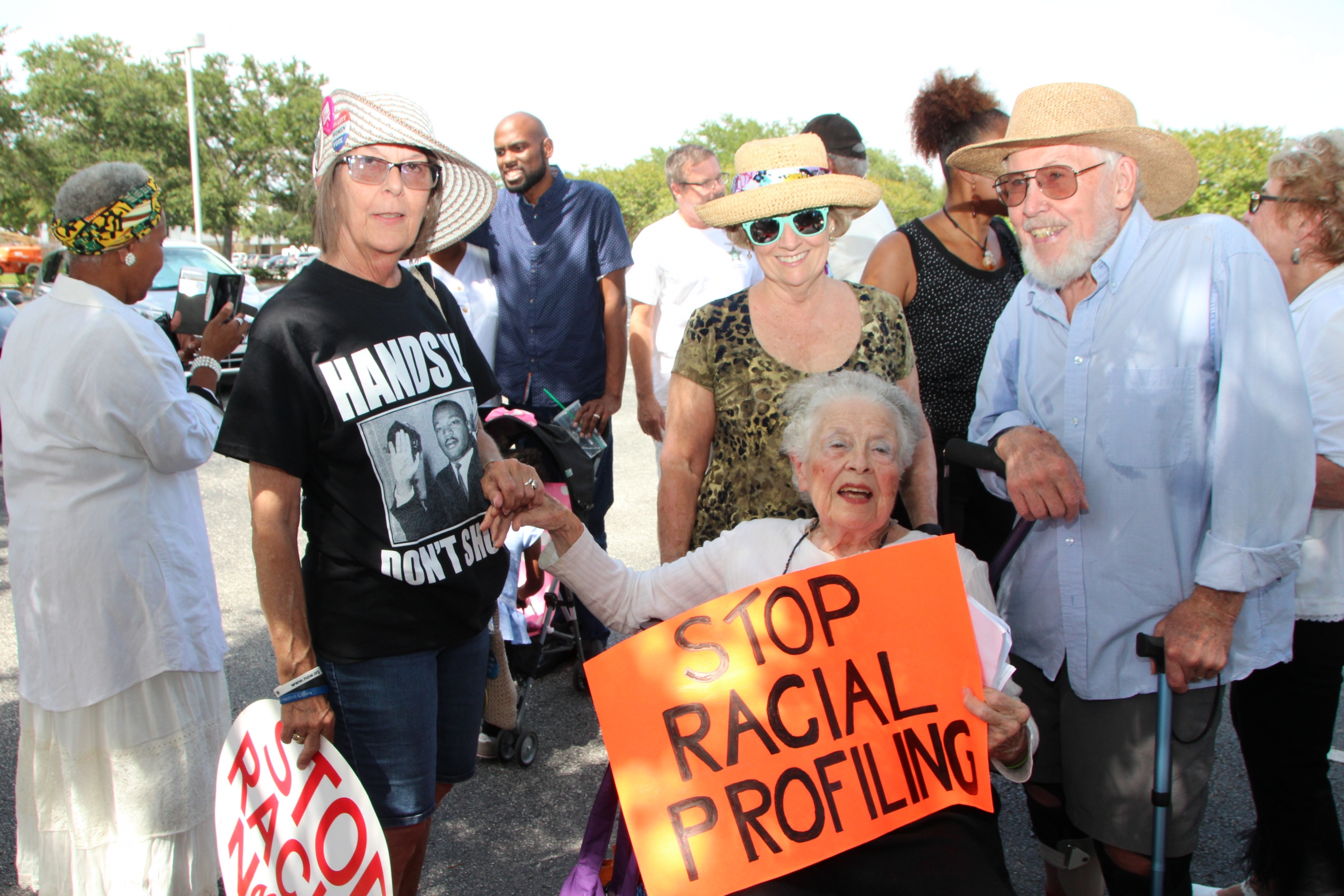
Winnie Foster celebrated her 92nd birthday at Pinellas County Jail, protesting against the disproportionate number of young males of color that end up incarcerated before the age of 21.
“As he talked and told us some of the work he’s doing around the country, I thought that sounds cool; I’d like to do that,” she said. “And so, I was focused on racial justice partly because of my Quaker heritage and knowing that Quakers in this country came here for religious freedom and the basics of their beliefs are that all people are equal.”
As the Civil Rights Movement gained steam, Mrs. Foster was there to help it along.
“I remember making lots and lots of peanut butter sandwiches to put on the bus for people who were going to Washington for the Poor People’s campaign at the time of Martin Luther King,” she said.
Before moving to St. Pete, she married Albert Charles Foster in 1947 and moved to Providence, R.I., a stronghold of northern liberalism. To say the least, the social climate and racial politics of St. Petersburg meant culture shock for the 43-year-old mother of three when the family rolled into town in 1969.
“I did not want to move to St. Pete; I thought it would be very racist — and it was,” Foster said.
As a member of the League of Women Voters — alongside C. Bette Wimbish, who was the first Black member of the St. Petersburg City Council — she reviewed the city charter and became outraged when she discovered that it stated: “Negros are not allowed to live beyond Fifteenth Avenue South or be in Downtown after sundown.”
Mrs. Foster then went to City Hall officials and demanded if they knew that the Civil Rights Act had been passed in 1964.
The flabbergasted officials informed her that they simply had not printed any new charters since the act had passed.
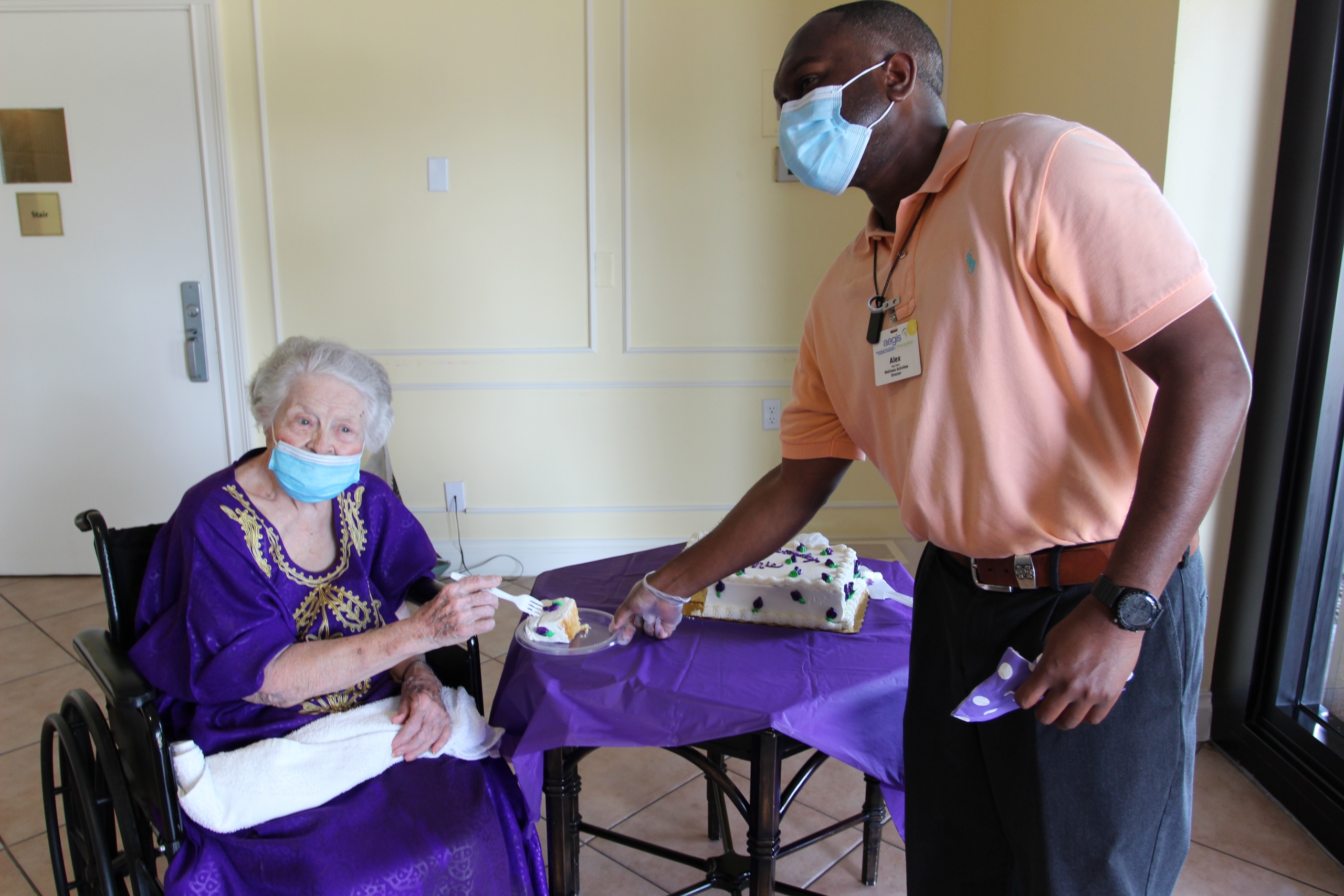
Winnie Foster celebrated her 93rd birthday at Addington Place, a senior living community, with dozens of well-wishers driving by and honking their horns on July 14, 2020.
“[They] made a city council watcher out of me [that day], and I’ve been watching ever since,” said Mrs. Foster in a 2013 interview with The Weekly Challenger.
Mrs. Foster began writing for The Weekly Challenger around that same time and, at one point, wrote three weekly columns.
She recalled many arguments with Cleveland Johnson, the Challenger’s owner and publisher, and attributes them to the fact that she was far more liberal than he, particularly regarding women’s rights.
Mrs. Foster explained that in the early 1970s, she was one of the founding “mothers” of our local National Organization for Women (NOW) chapter. In that capacity, she made inroads with a contact in the city’s personnel department, now known as human resources. That contact fed her information about unfair hiring and promotion decisions regarding women.
She wrote an article exposing these practices that she intended to publish in one of her columns.
Unbeknownst to her, the city had gotten wind of her plan. The next day, according to Mrs. Foster, she went to the office, and Johnson’s door was closed. She was told by staff that officials from the city were in there speaking with him.
After they left, Johnson called her into his office and told her that the Challenger would not run her article because the city had threatened to pull all their advertising.
“What else could I do? I quit,” she said in 2013.
She turned her attention elsewhere. Among her many early efforts, she helped organize a peace activist group, People for Peace, and held protests at Williams Park to protest the Vietnam War.
In 1972, she worked to elect James B. Sanderlin, the first Black Pinellas County Judge and later the first Black Circuit Court Judge.
“I was very blonde and white,” said Foster humorously. “I went up to North Pinellas County and shared with the white people there how wonderful this lawyer from Boston University School of Law would be as a judge for Pinellas County. I handed posters with no pictures of him but demonstrated his capabilities.”
As late as 2008, she was involved with People Acting Together for Change to stop violence and level the playing field for Black youth in Midtown.
She was appointed to the first City Revenue Sharing Allocation Commission to disperse federal grant money and later served for 12 years on the state board of the Florida Consumer Action Network.
For years before it became hip, Mrs. Foster was involved in urban agriculture. In 1986, she and Sarah Thomas, the first Black teacher at Gulfport Elementary School, helped organize the 4-H garden on 30th Avenue South. She worked as long as her health permitted organizing for urban agriculture today through her work with St. Pete Sustainable Urban Agriculture Coalition.
In 2000, Mrs. Foster founded the Sojourner Truth Center, which addressed many issues related to human rights and the environment. It was situated in her home.
Through the Sojourner Truth Center, she built a large garden containing six raised beds in her side yard. The beds sported tiny purple broccoli, collard greens, dinosaur kale plants and other greens. With their lanky seed pods, Moringa trees lined the perimeter of her yard. Mrs. Foster used the leaves in smoothies for an energy boost.
She invited local youth to help tend the garden and would light up when teaching them about growing food. To her, this knowledge was crucial. She believed youths — especially south of Central Avenue where food deserts reign — were suffering a deep disconnect that could have a detrimental impact on their physical, mental and emotional development.
In January of 2006, she received the Unsung Hero Award and, according to the Tampa Bay Times, the citizen of the month award from the Council of Neighborhoods. In 2018, the Woodson African American Museum of Florida created the Winnie Foster Lifetime Achievement Award, presented yearly to women to recognize contributions throughout their careers.
Mrs. Foster made an indelible mark upon the city and weaved her energy and spirit throughout its multicolored and multidimensional fabric.
In 2013, she fondly called St. Petersburg home, reflecting: “In the 43 years since I moved here, I have learned a lot. There are so many good people here who bring knowledge and accomplishments from all over the world.”
Her advocacy and exploits on behalf of social justice organizations, civil rights, voter registration and the environment were never-ending, legendary, and far too numerous to name.
Mrs. Foster is survived by her children: Dena Foster of McAlpin, Geoffrey Foster (Kay) of Bartow and Peter Foster (partner Michelle Cooper) of Dunedin; two grandchildren and six grandchildren. She’s also survived by her two brothers: Marvin Stanley (Nancy) of Michigan and Dale Stanley (Sandra) of Missouri, as well as her sisters-in-law, Mary Foster Cadbury of New York and Debora Foster Warren (Alan) of Virginia.
She leaves behind many nieces, nephews, cousins and innumerable friends to cherish her memory.
A memorial gathering will be held on Saturday, Feb. 25, at 1 p.m. at Allendale United Methodist Church, 3803 Haines Rd. N, St. Petersburg. Memorial donations are suggested in lieu of flowers to the ACLU of Florida, 4343 W. Flagler St., Suite 400, Miami, FL 33134.

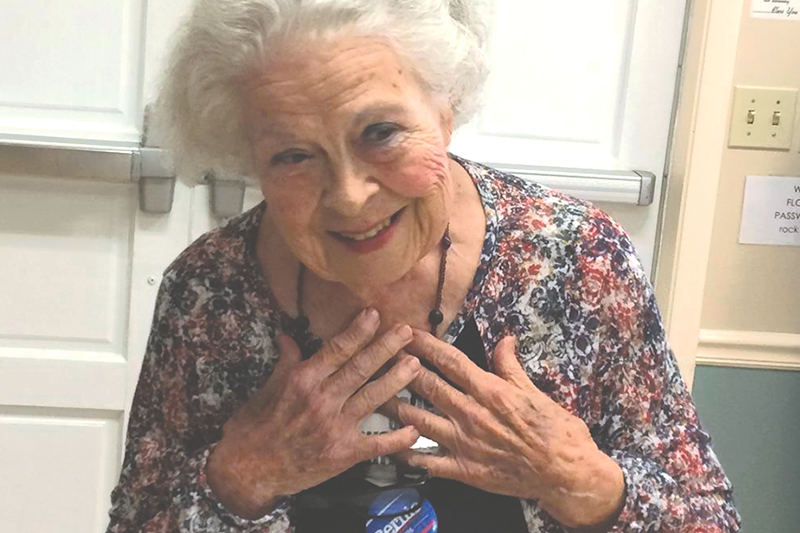
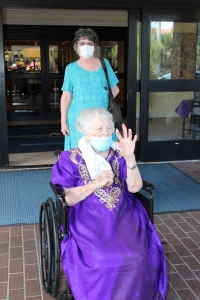
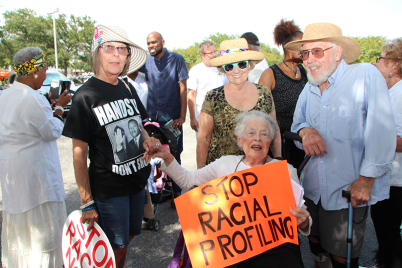
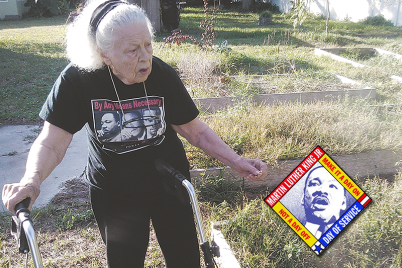





Thank you for sharing this beautiful tribute to Winnie Foster. Times changed but her personal commitment to making the community a better place for the now and the future was unwavering. Winnie’s love and compassion for her fellow humankind will be sorely missed.
Thank you for the article about Mrs. Foster(‘Winnie”). I loved every minute that I spent with her.